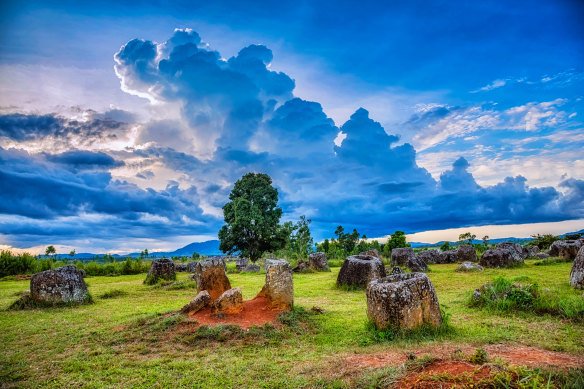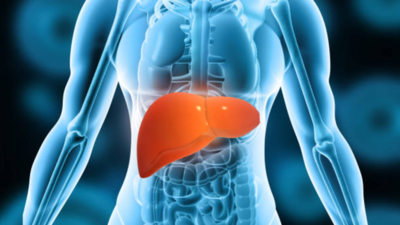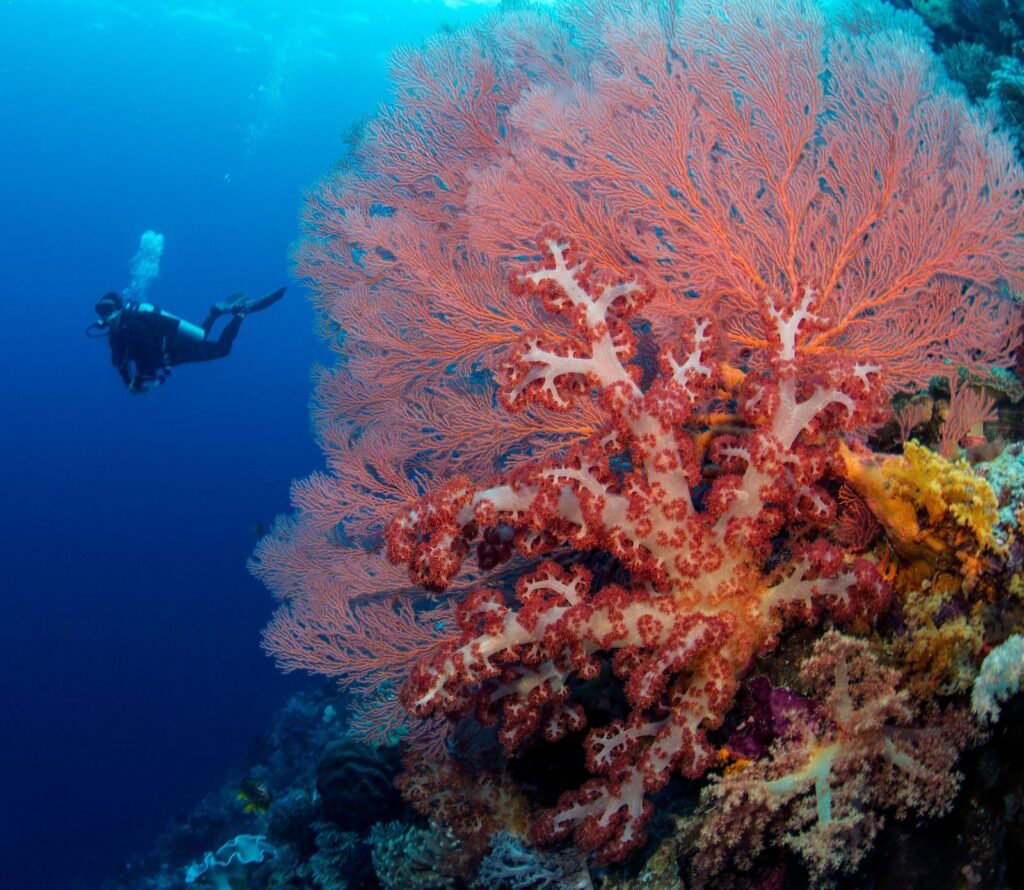India, in 2025, has officially bagged the title of World’s Most Populous Nation with a jaw-dropping 1.46 billion humans breathing, eating, and endlessly scrolling reels. But even as we are multiplying on paper, India’s
Total Fertility Rate (TFR) is quietly slipping below the 2.1 mark. It is the
replacement level needed to keep the
population steady across generations. We are crowded, but not because we are having more babies. In fact, the average Indian woman is now having just 1.9 children in her lifetime.
So, how did a country that once feared overpopulation become one that might worry about under-replacement? According to the United Nations Population Fund’s 2025 report, India’s Total
Fertility Rate (TFR) is now 1.9, below the replacement rate of 2.1.
Last year, we were at 1.44 billion. In states like Bihar, Jharkhand and Uttar Pradesh, families are still going strong, mostly due to limited access to
contraception, patchy healthcare, and the age-old “Beta, ladka chahiye” syndrome. But head south or into the metros like Kerala, Delhi, and Tamil Nadu, and it is all DINK (Double Income, No Kids).
But what is really behind this national issue? Let us break down the reasons why India’s fertility rate is dropping harder year by year:
Cortisol, our favourite “fight-or-flight” hormone, has a side hustle wrecking your fertility. Turns out, your inbox is more effective birth control than any pill.
2. Sleep Is for the Fertile
We sleep less, scroll more, and survive on caffeine and chaos. But the bad news is that lack of quality sleep throws your
hormones off balance.
3. Instant Noodles, Delayed Babies
Our diets are 90 per cent processed, 10 per cent denial. From packet soups to sugar bombs, these tasty terrors mess with insulin, fertility hormones, and overall baby-making readiness. Fun to eat, terrible for your eggs.
4. Fitness Fads Gone Rogue
Sure, abs are cute, but fertility is not a fan of those punishing workouts or “no carbs ever” lifestyles. When your body thinks it is in survival mode, it shuts down reproduction.
5. Polluted Air, Plastic Everywhere
We are breathing in more than just city smog. Hormone-disrupting chemicals are hidden in the air, food, even your beloved chai cup. All this toxic overload is quietly throwing fertility under the bus.






